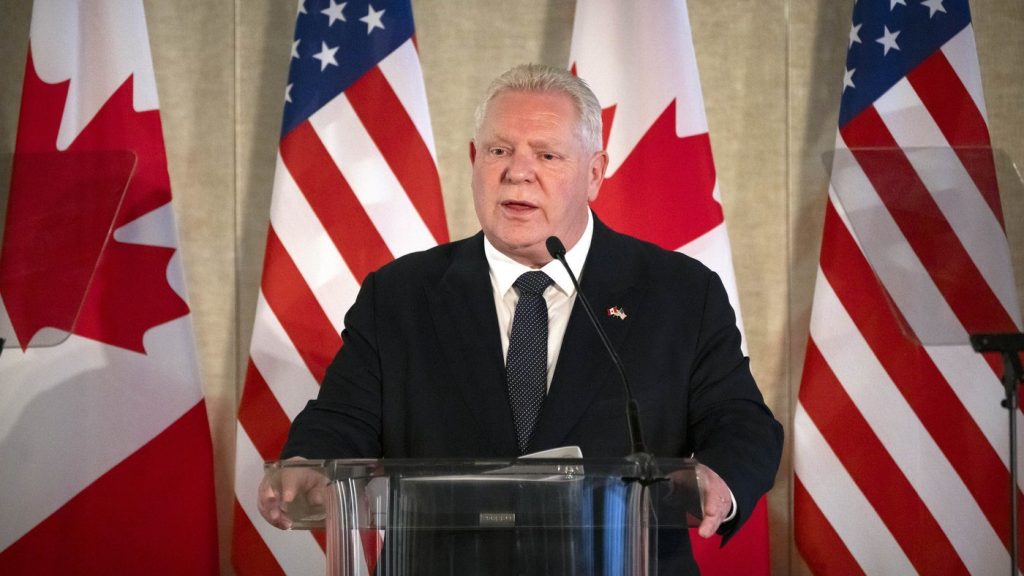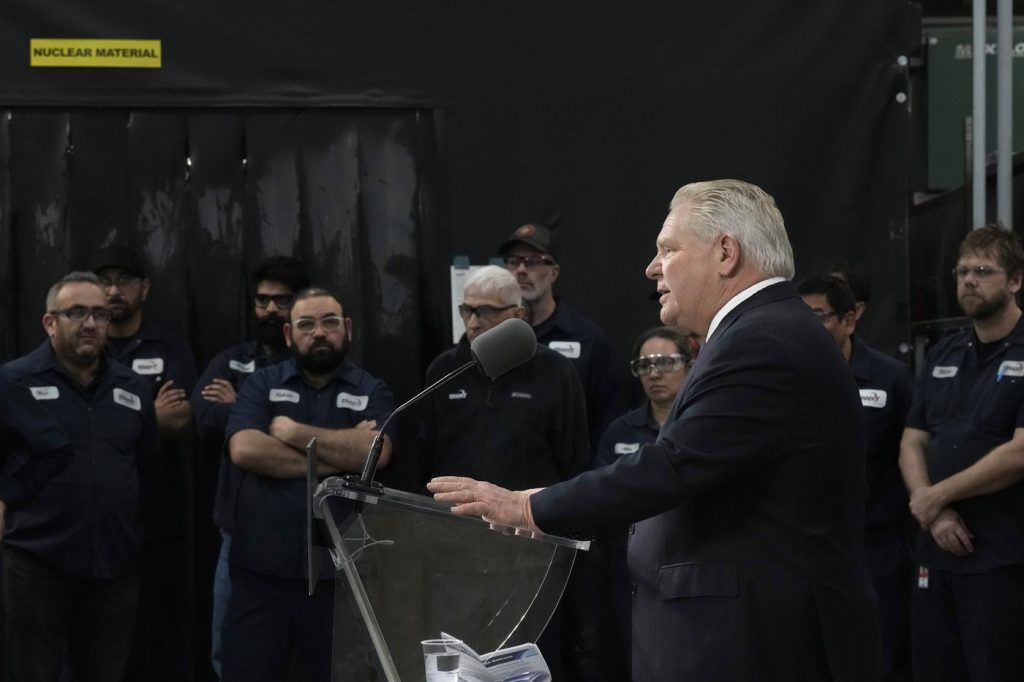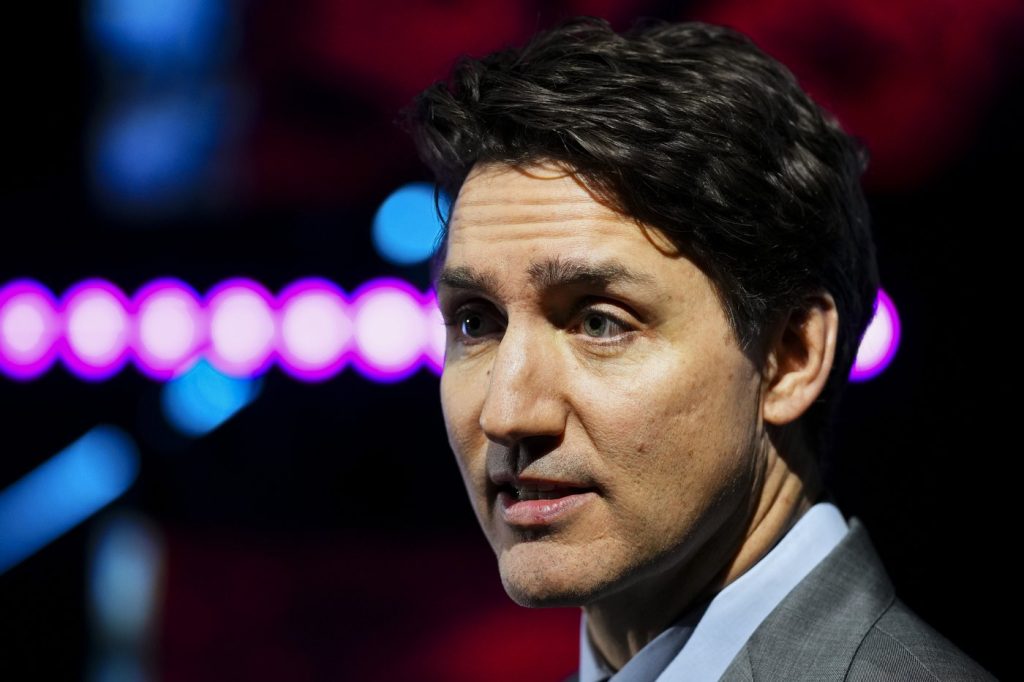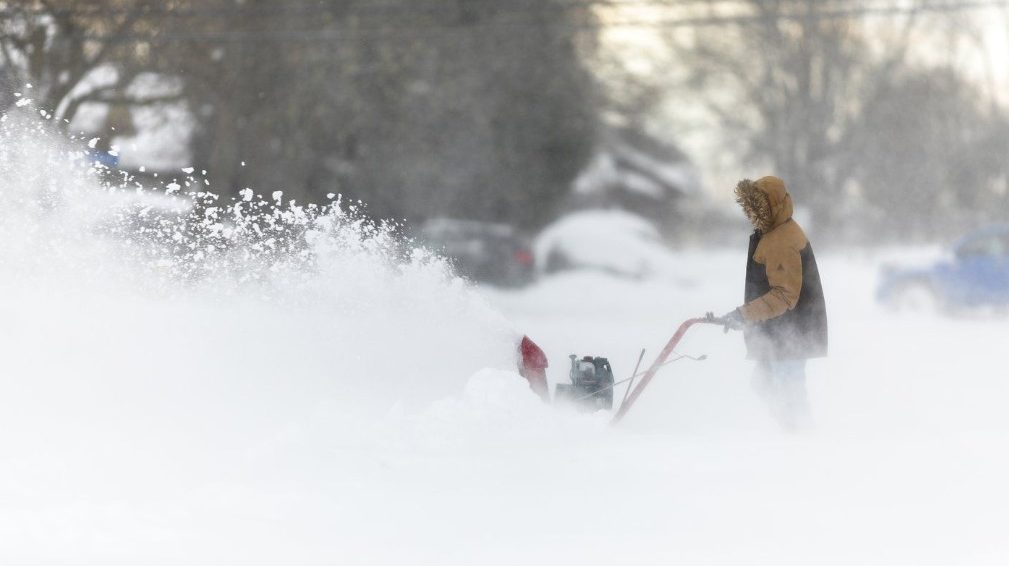Land Back initiative brings planned Indigenous spaces to Victoria, Waterloo Parks
Posted Jun 15, 2021 10:15:00 PM.
In response to the ongoing efforts of the O:se Kenhionhata:tie Land Back Camp, the early planning stages have begun in establishing permanent Indigenous gathering spaces in Kitchener’s Victoria park – alongside another space in Waterloo Park. A direct result of the list of four demands and 184 days spent by the Camp initiative occupying Victoria and Waterloo Park last year, co-founder Amy Smoke said the creation of these permanent spaces represent the “bare minimum” that can be done, though they expressed excitement at the prospect of these spaces being developed and created for Indigenous people, by Indigenous people.
Speaking as a guest on Kitchener Today with Brian Bourke on 570 NEWS, Smoke admitted that they’d been hopeful that the steps to creating these permanent gathering spaces would have happened sooner – by hundreds of years – as they emphasized that the park spaces are Indigenous lands. Speaking to last year’s experience of the Indigenous-led land occupation in Victoria and Waterloo Park, Smoke said it’s “wonderful” to see that both the City of Kitchener and City of Waterloo are on board, though one of them did take some time to come around.
“Kitchener stepped up to the plate, meeting the demands Land Back Camp had issued,” said Smoke. “Waterloo in general was slow to the table. That’s why we moved – to push them further. I understand that Alanah Jewell, the Indigenous coordinator for Huron Natural Area in Kitchener will be heading this up with consultation from many, many folks in the Indigenous community.”
When asked what to expect from these pieces of park land, Smoke reiterated that the region has a “variety of nations here in this urban space”, as they added that they and co-organizer of Land Back Camp Shawn Johnston “certainly don’t speak for everybody”. Speaking to the process of ongoing consultation, Smoke noted that they’ve been in correspondence with a “variety of Indigenous folks all across the community,” adding that the level of voices being brought to the table has been great.
“Alanah is working on this, very proud of my friend for taking this on. We were originally just going to be doing Huron Natural – we’ve added a little bit more to that job, but it is so needed.”
With regards to the role that these spaces play in ongoing efforts of Reconciliation in the community, Smoke noted that there’s still plenty of work to be done, adding that they don’t even like the word “reconciliation” itself. With the bodies of 215 residential schoolchildren found in unmarked mass grave recently in British Columbia, and Ontario’s recent commitment to identify burial sites in the province, Smoke noted that we’re “uncovering the truth literally and figuratively right now”, adding that people “still don’t believe it.”
“Unless Canada is willing to actually look at the truth: the birth of the nation on the blood and backs of Indigenous and Black folks, then we’re not even near where we need to be to reconcile – and it’s not for us to reconcile.” said Smoke. “We know what happened. It’s for white settler Canadians to reconcile their atrocious past, and the continuing, ongoing genocide of Indigenous peoples today.”
While Smoke did refer to the planned Indigenous gathering spaces as a “bare minimum”, they added that what they’d really like to see is a portion of land given back to the Indigenous community – adding that a space like Charles Street Bus Terminal would make for a “great community centre” for those groups across the region.
“Give us the deed – give back some actual land. We’re always at the whim of the ‘landowners’ when we’re on our own land.” said Smoke. “For me, I’m beyond plaques. I’m beyond land acknowledgements. Give us back the land.”
Smoke also noted that, while conversations continue between municipalities and the Indigenous communities living within them, those conversations are not just bringing an increased awareness of history to “settler Canadians”, but also what they referred to as “unbelievable racism”. Referring to the white supremacy posters found in Wilmot, Smoke argued that sort of behaviour has become “more volatile, and somewhat more violent.”
Regarding those efforts to continue the conversation around Canada’s dark history, Smoke said that most of the “homework” has already been done for “white settler Canadians”, whether it be in the Truth and Reconciliation Commission or the summary report for Missing and Murdered Indigenous Women and Girls.
“All of those things, we’ve done for folks. It’s easily findable, readable. Join a book club, become involved. Start following Indigenous leaders on your social media. Have those conversations in class and at home.” said Smoke. “If my child at seven is old enough to experience racial violence, your child is old enough to learn how that is not to be perpetuated.”
As the work of Land Back Camp continues in the new temporary space in Laurel Creek Conservation Area, Smoke said they’re hopeful toward finding a more permanent location – adding that the frequent relocation of the camp speaks to the “erasure of Indigenous peoples and the forced relocations since the beginning of colonization.”
“We’re looking for some actual land to build some infrastructure that is sustainable for two spirit, indigiqueer, Trans and non-binary youth and our settler accomplices.”








